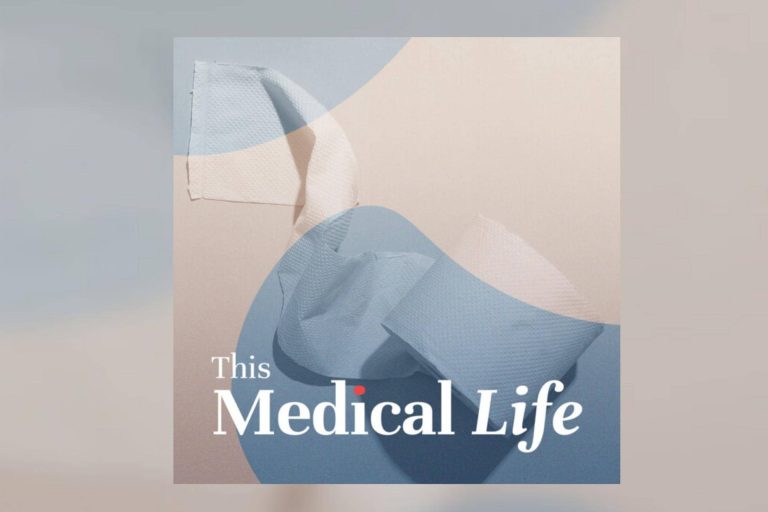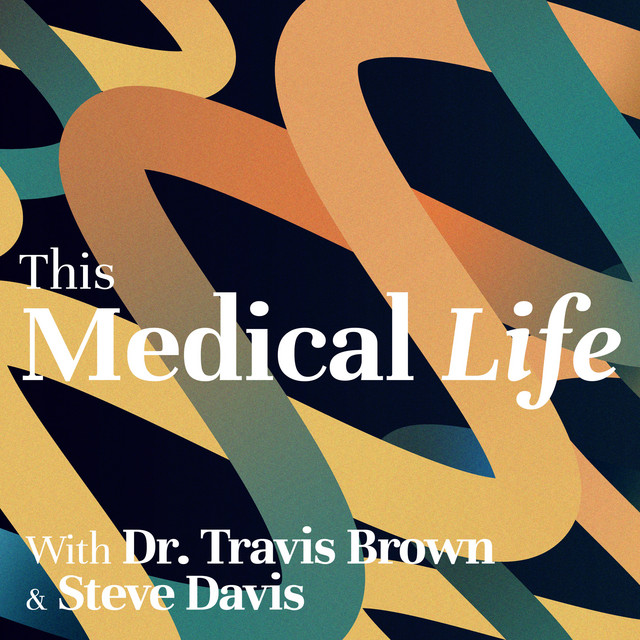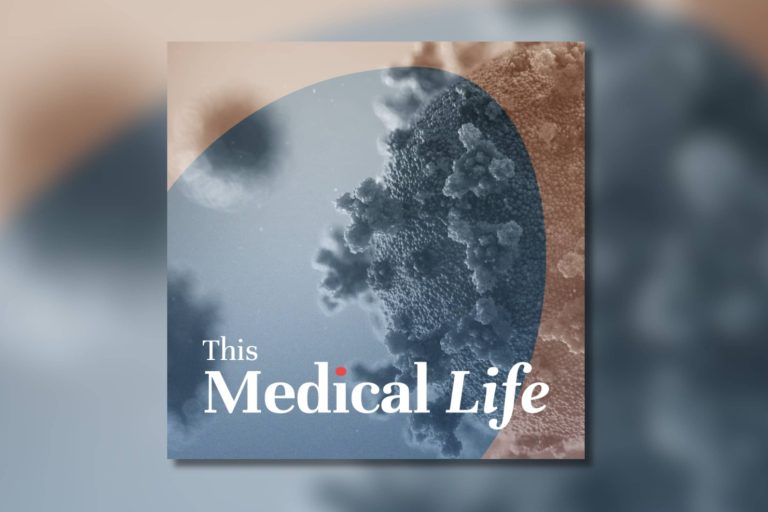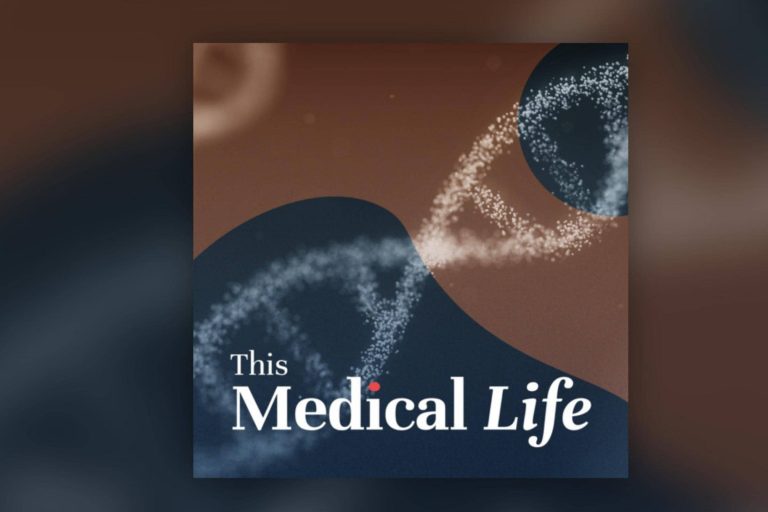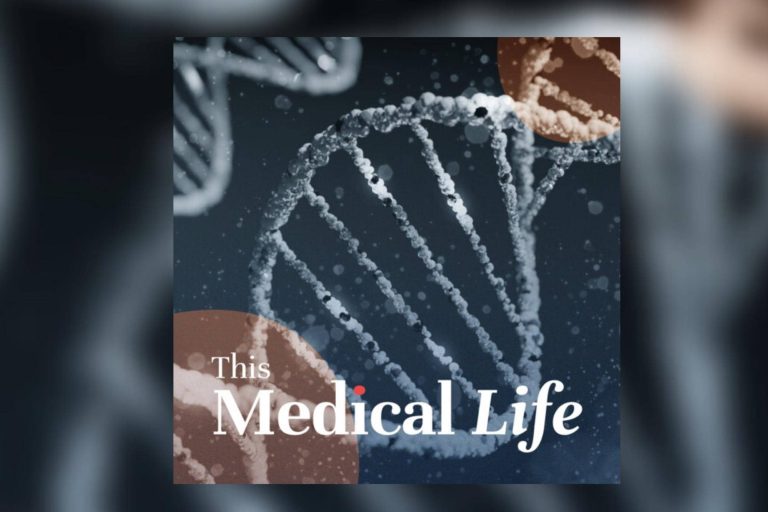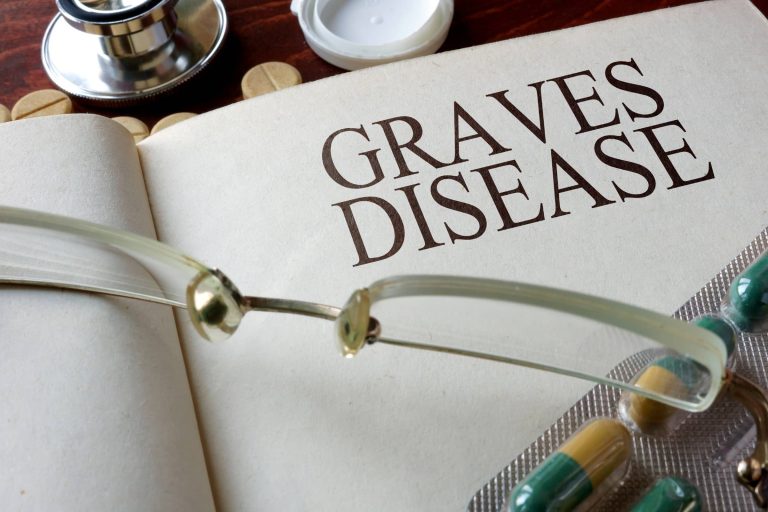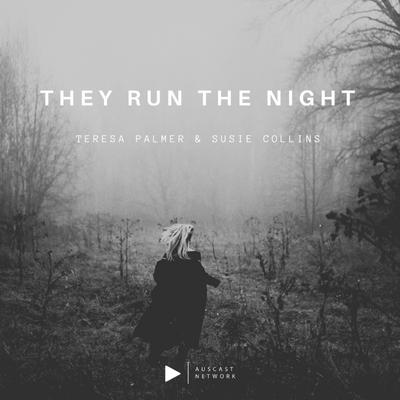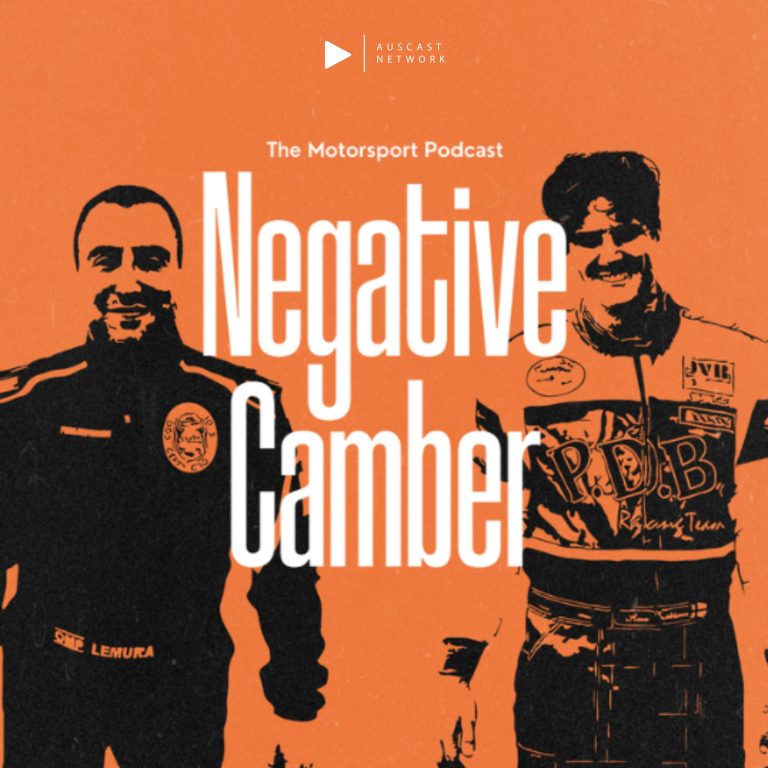Essentially every culture, modern or ancient, understood that health and faeces are inherently linked. The Ancient Chinese practiced ‘copromancy’ which was the assessment of health based upon the shape, size and texture of faeces. Today we have the Bristol Stool Chart that helps us to classify faeces/poo into seven different groups. As disconcerting as it may be, the state of our poo can tell us a lot about our own health and this is only going to increase as our knowledge about our faecal microbiome expands.
The faecal microbiome is the composition of all the microorganisms within our faeces. We are learning that the composition not only affects our health but can also be contributory to diseases we experience. In some circumstances, this has also become a treatment with faecal transplantation to manage treatment resistant clostridium-difficile colitis.
This is the story of the faecal microbiome.
Our special guests:
- Dr Piers Mitchell, who is a hospital specialist consultant in the NHS and co-editor of the International Journal of Osteoarchaeology. Dr Mitchell has trained in paleopathology, osteoarchaeology, parasitology, medical history, and orthopaedic surgery.
- Dr Vincent Ho, who is a Gastroenterologist practicing in NSW, is an Associate Professor at Western Sydney University and head of a research laboratory.


